Updates
-

148
Manuscript Submitted
-

42
Manuscript
Published -

28.37%
Acceptance
Rate -

4 - 6 Weeks
Submission to Decision Time

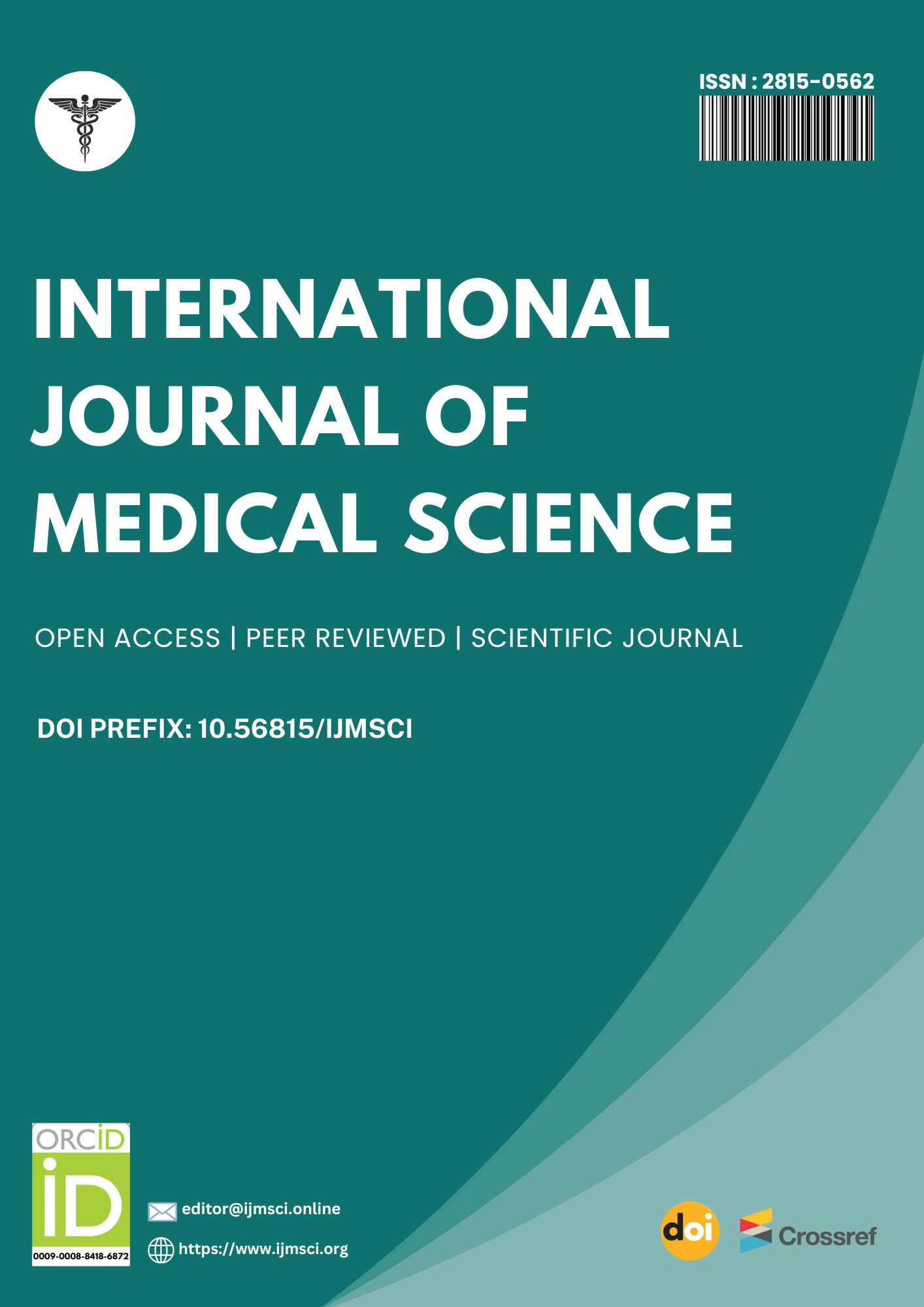
About the Journal
International Journal of Medical Science (IJMSCI) is an Open Access, Referred and Peer-reviewed, scholarly journal dedicated to publish original articles from diverse areas of medical and allied fields. IJMSCI brings out bi-annual publication i.e. two issues each year. The prestigious international editorial team reflects spacious spectrum of subject coverage under the scope of medical sciences. The journal aims to promote research and provide a forum for doctors, researchers, physicians and healthcare professionals to find conventional & recent progress in the field of Medical sciences.
Aims and Scope:
International journal of medical science (IJMSCI) accepts original research articles, reviews, mini reviews, case reports, short commentaries, editorials, posters, slides notes, and conference materials.
The Periphery of the Subject areas Includes:
- Cardiology
- Neurology
- Gastroenterology
- Oncology
- Endocrinology
- Nephrology
- Immunology
- Pediatrics
- Gynecology
- Orthopedics
- Pulmonology
- Ophthalmology
- Hematology
- Dermatology
- Chromatography
- Anesthesia
- Radiology
- Surgery
- Pharmacology
- Forensic Medicine
- Drug Discovery
- Drug Delivery
- Pathology
- Veterinary
- Nursing
- Toxicology
- Molecular Biology
- Cell Biology
- Biotechnology
- Bioinformatics
- Nutrition
- Food Science
- Obesity
- Diabetes
- Allergy
- Vaccines
- Dental Sciences
- Sports medicare
- Depression
- Mental Health
- Psychiatry
- Ayurveda
- Yoga
- Physiotherapy
- Homeopathy
- Unani
- Health Management
- Hospital Management
The Periphery of the Subject areas Includes:
- Cardiology
- Neurology
- Gastroenterology
- Oncology
- Endocrinology
- Nephrology
- Immunology
- Pediatrics
- Gynecology
- Orthopedics
- Pulmonology
- Ophthalmology
- Hematology
- Dermatology
- Chromatography
- Anesthesia
- Radiology
- Surgery
- Pharmacology
- Forensic Medicine
- Drug Discovery
- Drug Delivery
- Pathology
- Veterinary
- Nursing
- Toxicology
- Molecular Biology
- Cell Biology
- Biotechnology
- Bioinformatics
- Nutrition
- Food Science
- Obesity
- Diabetes
- Allergy
- Vaccines
- Dental Sciences
- Sports medicare
- Depression
- Mental Health
- Psychiatry
- Ayurveda
- Yoga
- Physiotherapy
- Homeopathy
- Unani
- Health Management
- Hospital Management
Benefits of IJMSCI publication:
- Transparent Assessment, Quality Production, and Global Distribution Following Standard Norms of Medical Journals.
- Creative Common (CC BY NC) Non- commercial 4.0 International License
- Free Open Access (OA) to the published work for users and global Scientific community.
- Digital archiving for all published works.
- Distribution of published articles in prestigious global database.
- Improved visibility, downloads, reads and citation from global research networks.
- Allotment of Digital Object Identifier (doi) from Crossref.
- Publication certificate for each published article.
Most Popular Articles
Title
Author(s)
Affiliations
Title
Author(s)
Affiliations
Title
Author(s)
Affiliations
Title
Author(s)
Affiliations
About the Journal
International Journal of Medical Science (IJMSCI) is an Open Access, Referred and Peer-reviewed, scholarly journal dedicated to publish original articles from diverse areas of medical and allied fields. IJMSCI brings out bi-annual publication i.e. two issues each year. The prestigious international editorial team reflects spacious spectrum of subject coverage under the scope of medical sciences. The journal aims to promote research and provide a forum for doctors, researchers, physicians and healthcare professionals to find conventional & recent progress in the field of Medical sciences.
Aims and Scope:
International journal of medical science (IJMSCI) accepts original research articles, reviews, mini reviews, case reports, short commentaries, editorials, posters, slides notes, and conference materials mentioned under sections- A, B, C, and D.
Section A: Medical sciences
Cardiology, Ophthalmology, Dermatology, Psychiatry, Neurology, Respiratory Medicine, Nutrition, Pathology, Oral sciences, Hematology, Gastroenterology, Allergy, Anatomy, Anesthesia, Alzheimer's Disease, Addiction Sciences, Autism, Bacteriology and Mycology, Blood Disorders, Biology, Biosensors & Bioelectronics, Cardiology, Oncology, Immunology, Cell Biology, Chromatography, Dermatology, Dental sciences, Depression, Endocrinology, Diabetes, Gastroenterology, Gynecology, Hematology, HIV/AIDS, Microbiology, Neurology, Nutrition, Ophthalmology, Orthopedics, Obesity, Pathology, Psychiatry, Respiratory Medicine, Radiology, Surgery, Urology, Vaccines.
Section B: Pharmaceutical sciences
Research and reviews related to pharmaceutical sciences and technologies including Pharmaceutical chemistry, Crystalization effects, Chemical constancy, Lyophilization, Drug discovery, Metabolism, Pharmacokinetics, Biopharmaceutics, Drug delivery systems, Targeted drugs and nano-technology. IJMSCI welcomes development of new systems, methods and techniques in Pharmaceutical sciences and technologies. The scope of the journal also includes advancements in Toxicology, Cell and molecular biology, Biomedical research, Clinical and pharmaceutical microbiology, pharmaceutical biotechnology, Medicinal chemistry, Phytochemistry and Nutraceuticals.
Section C: Nursing and health care
Nursing Ethics, Nursing Education, Nursing Theories, Nursing Standards, Principles and applications of Nursing Technology, Community Health Nursing, Clinical Judgement for Acute Care Nursing, Family Nursing, Geriatric Nursing, Orthopedic Nursing, Pediatric Nursing Care, Oncology Nursing,Veterinary Nursing, Psychiatric Nursing, Forensic Nursing, Nursing for child health, Nursing for adult health, Nursing for Mental health, Public health Nursing.
Section D: Ayurdeda, yoga and psychology (Scientific perspectives)
Journal encourages original and scientific research, reviews, case studies on traditional Ay urveda, yoga, psychology and other complementary therapies practiced worldwide. Research providing experimental evidences for the science behind Ayurveda, Yoga & Naturopathy, Siddha, Homeopathy, Unani and Folk medicine are at the top priority of the journal.
The journal also encourages the submission of useful reports of negative results. The scope includes above field but not limited.
Mandatory disclosure for authors:
Contributions must be original, not previously or simultaneously published elsewhere, and will be critically reviewed before they are published. Papers must be written in English with sound grammar and proper medical terminologies. Authors must follow all ethical guidelines for academic publication and standard plagiarism policy.
The published papers are made highly visible to the scientific community through a wide indexing policy adopted by this online international journal. Hence, they can freely be accessed and utilized by everyone for the development of medical sciences. Being a part of an eco-friendly community, favors and promotes e-publication of papers to truly present itself as an online journal.

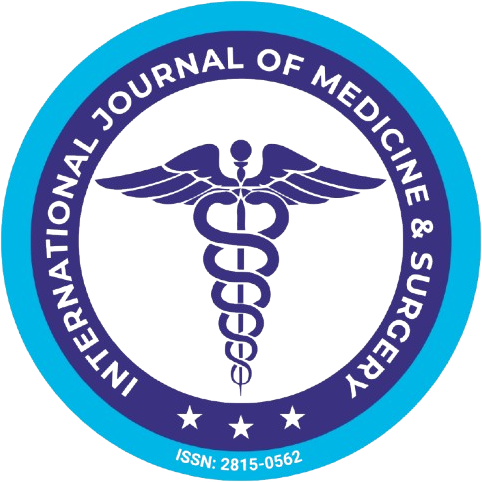










 Join as reviewer
Join as reviewer


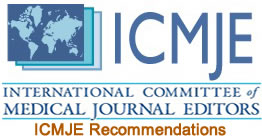

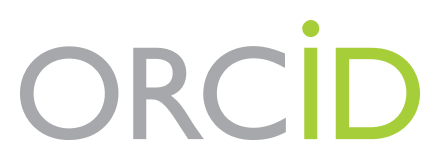


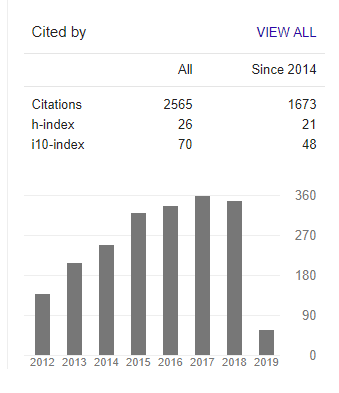
 IJMSCI is a Peer-Reviewed Journal and valid as per New UGC Gazette regulations
IJMSCI is a Peer-Reviewed Journal and valid as per New UGC Gazette regulations







